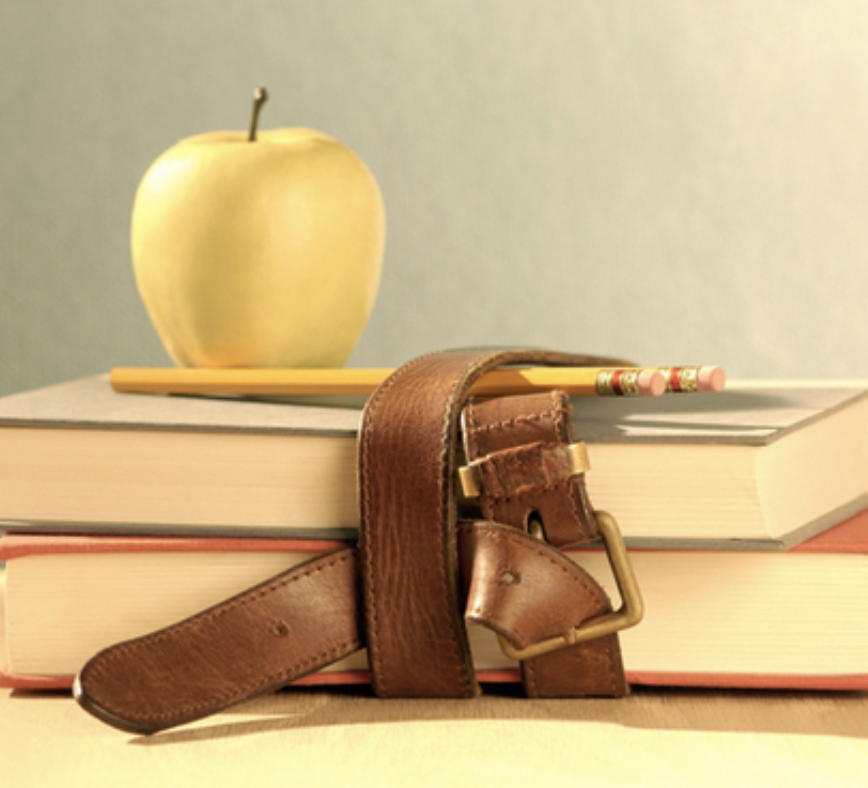Legislation in the South Carolina House of Representatives, H 5164, would expand the Education Scholarship Trust Fund Program (ESTF) so that every South Carolina family can participate in it.
ESTF, an education savings account (ESA) program established just last year, covers tuition, fees, and curricula for eligible children at private and parochial schools, as well as tutoring services, transportation costs, textbooks, supplemental course materials, supplemental technological devices, and educational therapies. Funds can also be used to cover the fees required to take national standardized achievement tests, such as the SAT or ACT, or AP examinations.
Currently, the program begins with the 2024–25 school year and will be open to children whose family income does not exceed 200 percent of the federal poverty level. This would bump up to children in families with household incomes at 300 percent of the federal poverty level in 2025–26, and families with household incomes at 400 percent of the federal poverty level in 2026–27. The maximum number of children who will be given scholarships will be 5,000 in 2024–25, jumping up to 10,000 children in 2025–26, and maxing out at 15,000 children in 2026–27 and in each subsequent school year.
H 5164 would remove this program cap beginning with the 2027–28 school year, allowing universal access to the program.
Copious empirical research on school choice programs like ESTF makes clear these programs offer families improved access to high-quality schools that meet their children’s unique needs and circumstances, and that these programs improve academic performance and attainment and deliver a quality education at lower cost than traditional public schools.
To cite just one example, a 2022 analysis by EdChoice examined South Carolina’s Educational Credit for Exceptional Needs Children Fund, a tax-credit scholarship program for students with special needs, and found the program has saved Palmetto State taxpayers between $62.0 million and $99.8 million through Fiscal Year 2018. This works out to a savings of between $7,823 and $12,583 per student participating in the program. Because of the age of the program, the report notes that the “fiscal effects are likely closer to the upper bound estimate.”
Additionally, education choice benefits public school students and taxpayers by increasing competition, decreasing segregation, and improving civic values and practices. Research also shows students at private schools are less likely than their public school peers to experience problems such as alcohol abuse, bullying, drug use, fighting, gang activity, racial tension, theft, vandalism, and weapon-based threats. There is also a strong causal link suggesting private school choice programs improve the mental health of participating students.
Further, South Carolina’s public schools are habitually failing the state’s children. In 2022, only 34 percent of public school fourth-graders and 22 percent of eighth-graders tested “proficient” to grade level in mathematics on the National Assessment of Educational Progress (NAEP) examination, colloquially known as the “Nation’s Report Card.” Just 32 percent of fourth-graders and 27 percent of eighth-graders tested “proficient” in reading. Essentially, and embarrassingly, the state’s public schools are failing to educate roughly 7 out of 10 South Carolina children to grade-level proficiency in reading and math.
The goal of public education in South Carolina today and in the years to come should be to allow all parents to choose which schools their children attend, require every school to compete for every student who walks through its doors, and make sure every child has the opportunity to attend a quality school. There has not been a time when providing these opportunities has been more urgent and more needed than right now. ESTF is already a great program that goes considerable way toward meeting those goals, but expansion of the program under H 5164 would put South Carolina over the top. Legislators should recognize that and pass H 5164.
The following documents provide more information about ESAs and education choice.
Fiscal Effects of School Choice
https://www.edchoice.org/wp-content/uploads/2021/11/Fiscal-Effects-of-School-Choice-Condensed.pdf
This EdChoice analysis of 40 private educational choice programs in 19 states plus D.C. summarizes the facts and evidence on the fiscal effects of educational choice programs across the United States and finds they have provided up to $28.3 billion in net fiscal savings to state and local taxpayers through Fiscal Year 2018. The programs in the analysis include three education savings accounts programs (ESAs), 19 school voucher programs, and 18 tax-credit scholarship programs.
Exploring South Carolina’s Private Education Sector
https://www.edchoice.org/wp-content/uploads/2018/02/Exploring-South-Carolinas-Private-Education-Sector-by-Andrew-Catt-and-Michael-Shaw.pdf
This is the ninth entry in EdChoice’s School Survey Series. This brief synthesizes information about South Carolina’s private schools from a survey conducted by EdChoice. The survey looks at South Carolina private schools’ open seats, tuition and fees, regulatory concerns, and interest in school choice programs.
The 123s of School Choice (2024 Edition)
https://www.edchoice.org/wp-content/uploads/2023/11/2024-ABCs-of-School-Choice.pdf
This report from EdChoice is an in-depth review of the available research on private school choice programs in America. Areas of study include: private school choice program participant test scores, program participant attainment, parent satisfaction, public school students’ test scores, civic values and practices, racial/ethnic integration and fiscal effects.
A Win-Win Solution: The Empirical Evidence on School Choice (Fourth Edition)
http://www.edchoice.org/wp-content/uploads/2016/05/A-Win-Win-Solution-The-Empirical-Evidence-on-School-Choice.pdf
This paper by EdChoice details how a vast body of research shows educational choice programs improve academic outcomes for students and schools, saves taxpayers money, reduces segregation in schools, and improves students’ civic values. This edition brings together a total of 100 empirical studies examining these essential questions in one comprehensive report.
The Public Benefit of Private Schooling: Test Scores Rise When There Is More of It
https://object.cato.org/sites/cato.org/files/pubs/pdf/pa830.pdf
This Policy Analysis from the Cato Institute examines the effect increased access to private schooling has had on international student test scores in 52 countries. The Cato researchers found that a 1 percentage point increase in the share of private school enrollment would lead to moderate increases in students’ math, reading, and science achievement.
The Effects of School Choice on Mental Health
https://papers.ssrn.com/sol3/papers.cfm?abstract_id=3272550
This study from Corey DeAngelis at the Cato Institute and Angela K. Dills of Western Carolina University empirically examines the relationship between school choice and mental health. It finds that states adopting broad-based voucher programs and charter schools witness declines in adolescent suicides and suggests that private schooling reduces the number of times individuals are seen for mental health issues.
Heartland Impact is the new advocacy and outreach arm of The Heartland Institute.
Heartland Impact specializes on providing state lawmakers the policy and advocacy resources to advance free-market policies towards broad-based economic prosperity. This document does not necessarily represent the views of The Heartland Institute.
Heartland Impact can send an expert to your state to testify or brief your caucus; host an event in your state; or send you further information on a topic. Please don’t hesitate to contact us if we can be of assistance! If you have any questions or comments, contact Cameron Sholty, at csholty@heartlandimpact.org or 312/377-4000.


